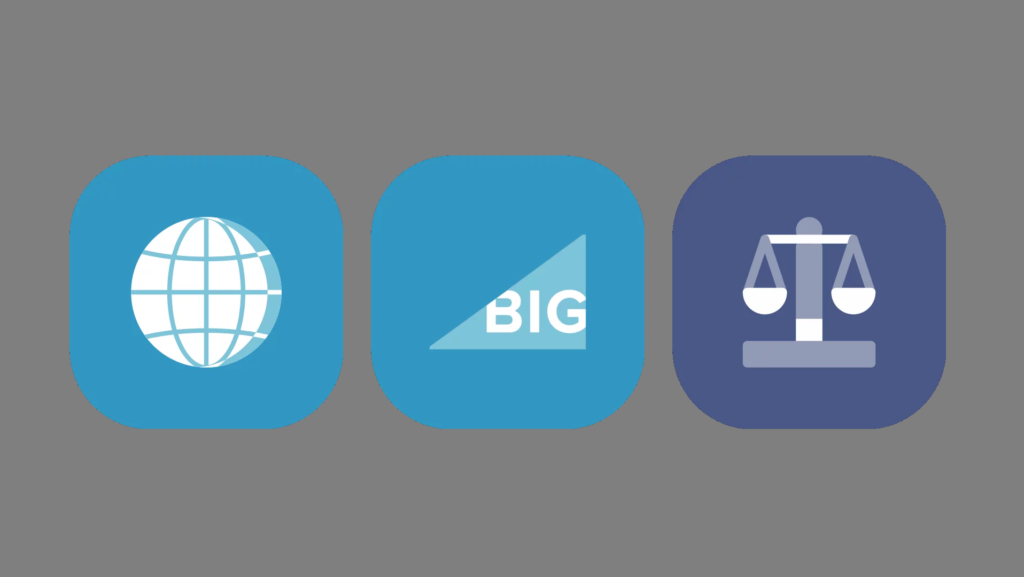High blood pressure, or hypertension, is often called the "silent killer" because it typically has no noticeable symptoms. However, it can lead to serious health complications if left untreated, such as heart disease, stroke, and kidney problems. Understanding the symptoms, when they do occur, and the risks associated with high blood pressure is essential for maintaining overall health.
What Is High Blood Pressure?
Blood pressure measures the force of blood pushing against the walls of your arteries. It is recorded as two numbers: systolic pressure (the top number) and diastolic pressure (the bottom number). A normal blood pressure reading is generally around 120/80 mm Hg. A reading consistently higher than 130/80 mm Hg is considered hypertension.Why Are There Often No Symptoms?
Most people with high blood pressure do not experience noticeable symptoms, which is why it’s critical to monitor blood pressure regularly. The body can become accustomed to elevated levels, meaning individuals may feel fine despite their blood pressure being dangerously high.Possible Symptoms of Severe Hypertension
In some cases, especially when blood pressure rises quickly or reaches dangerously high levels (hypertensive crisis), symptoms may appear. These may include:- Severe headaches: A throbbing, persistent headache could be a sign that blood pressure is elevated beyond normal levels.
- Shortness of breath: High blood pressure affects the heart and lungs, making it more difficult to breathe normally.
- Chest pain: Hypertension can cause strain on the heart, leading to discomfort or pain in the chest.
- Vision problems: Blurred or distorted vision can occur when high blood pressure affects the blood vessels in the eyes.
- Nosebleeds: In some rare cases, severe high blood pressure can cause the blood vessels in the nose to burst, resulting in nosebleeds.
- Fatigue or confusion: High blood pressure may reduce blood flow to the brain, leading to feelings of exhaustion, confusion, or dizziness.
- Irregular heartbeat: Palpitations or a racing heart are sometimes associated with dangerously high blood pressure.
- Blood in the urine: This could indicate kidney damage, a complication of prolonged hypertension.
Hypertensive Crisis: A Medical Emergency
A hypertensive crisis occurs when blood pressure rises above 180/120 mm Hg. This situation is a medical emergency that requires immediate attention. Symptoms in this case might include:- Severe anxiety
- Nausea or vomiting
- Severe chest pain
- Severe headaches or migraines
- Difficulty speaking
Long-Term Health Risks of Untreated Hypertension
Even without symptoms, uncontrolled high blood pressure can cause long-term damage to various organs and systems in the body. Some potential complications include:- Heart attack or heart failure: Chronic high blood pressure can thicken or weaken the heart muscles.
- Stroke: Elevated pressure can lead to blockages or bursting of blood vessels in the brain.
- Kidney damage: Hypertension can reduce kidney function, leading to kidney disease or failure.
- Vision loss: Over time, high blood pressure can damage the blood vessels in the eyes, leading to vision impairment or blindness.
How to Monitor and Manage High Blood Pressure
Since hypertension often goes unnoticed, regular checkups and monitoring are crucial, especially for those with risk factors such as:- Age (over 45 for men, over 55 for women)
- Family history of hypertension
- Obesity
- Lack of physical activity
- Smoking
- High salt or alcohol intake
Conclusion
Though high blood pressure rarely shows symptoms, it can be dangerous. Regular monitoring, a healthy diet, and lifestyle changes, such as exercising and reducing salt intake, are essential to prevent complications. If you experience any severe symptoms like chest pain, shortness of breath, or vision changes, seek medical attention immediately.Read more :
1= https://bulkdrchecker.com/blogs/what-are-the-symptoms-of-crohns-disease/
2= https://bulkdrchecker.com/blogs/what-are-the-symptoms-of-high-blood-pressure/
3= https://bulkdrchecker.com/blogs/what-are-the-symptoms-of-hpv-in-females/
4= https://bulkdrchecker.com/blogs/what-are-the-symptoms-of-lupus/
5= https://bulkdrchecker.com/blogs/what-are-the-symptoms-of-lyme-disease/

